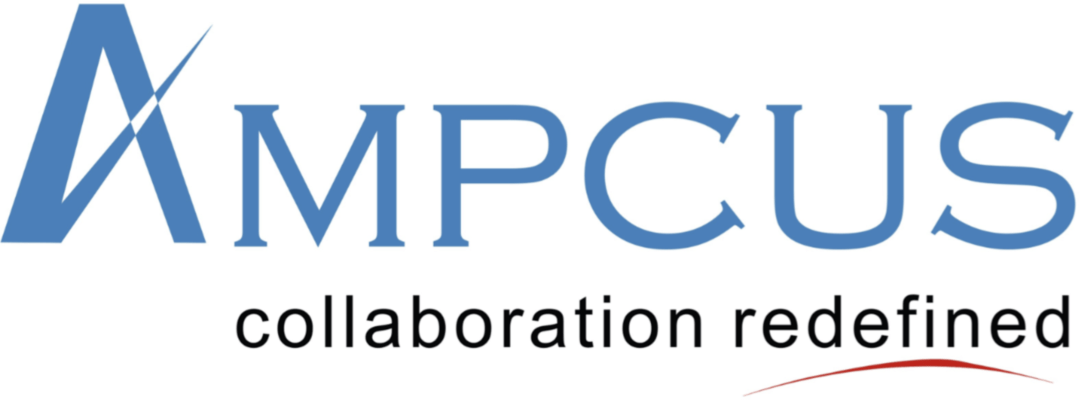
Variant Scientist (Research Data Analyst 4)
- Los Angeles, CA
- Permanent
- Full-time
(Remote)Overview:
The University Department of Pathology and Laboratory Medicine is seeking a Variant Scientist to support the Molecular Diagnostics Laboratories (MDL) in clinical genomics. This role is ideal for individuals with a strong foundation in somatic variant interpretation for hematologic malignancies and experience in clinical NGS analysis and reporting.Key Responsibilities:
- Analyze and interpret somatic variants from NGS data, with a focus on hematological malignancies.
- Curate and classify variants using clinical genomics databases and literature.
- Draft clinical reports based on molecular findings.
- Collaborate with a multidisciplinary team including molecular biologists, geneticists, pathologists, and bioinformatics engineers.
- Troubleshoot issues related to data analysis independently.
- Clearly communicate complex genomic findings to clinicians and non-specialists.
- Ph.D. or M.S. in Human Genetics, Molecular Biology, Cancer Cell Biology, Molecular Pathology, Genetic Counseling, or related fields.
- Hands-on experience in hematologic cancer somatic variant classification is mandatory.
- Solid understanding of NGS technologies (e.g., target capture, amplification, massively parallel sequencing).
- Excellent communication, writing, and collaborative skills.
- Ability to work independently with platforms like MS Office, Teams, Zoom, VPN, and other Windows-based applications.
All candidates must answer the following five questions and include the answers at the beginning of their resume: * Describe your experience working with hematological malignancies and interpreting somatic variants from genetic data.
- How comfortable are you with analyzing and interpreting genetic data from NGS platforms, particularly in cancer or hematological malignancies?
- How do you approach curating and classifying somatic variants in a clinical diagnostic setting? What tools or databases do you typically use?
- Provide an example of a time when you had to communicate complex genetic findings to a non-expert (e.g., clinician, patient)? How did you ensure clarity?
- Describe a situation where you had to troubleshoot a challenging problem in genetic data analysis. What steps did you take to resolve it.